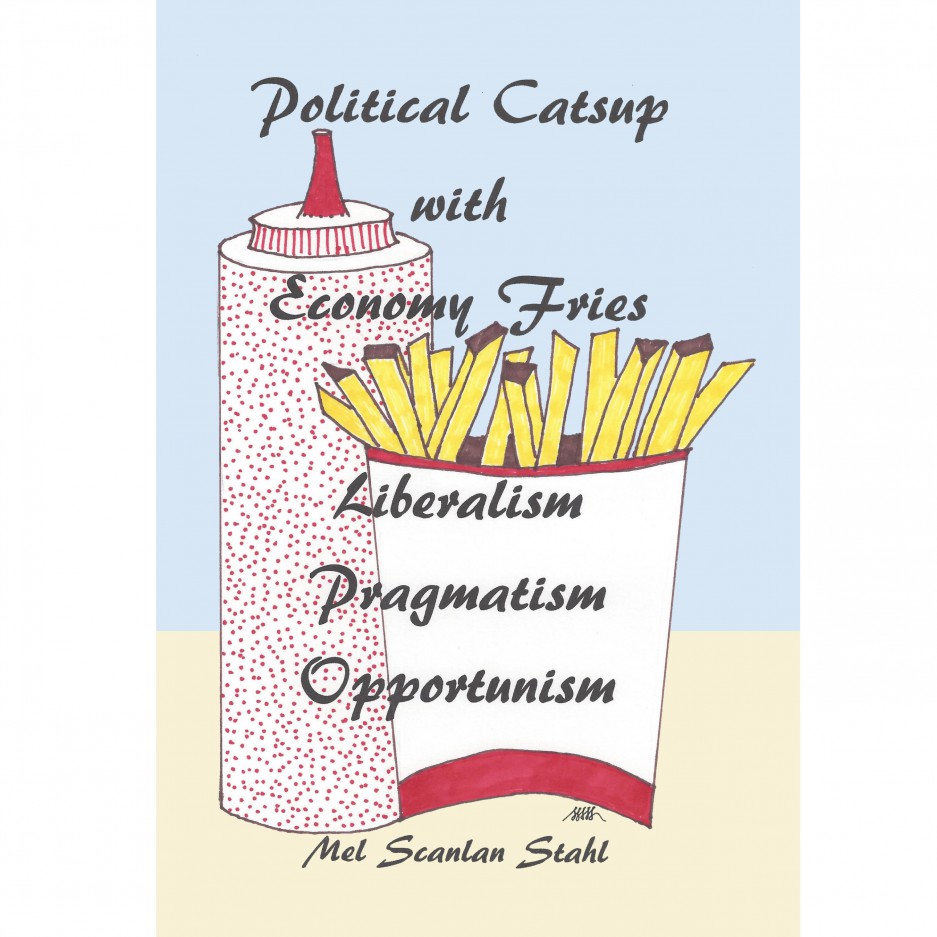Congress is bickering again. If you are wondering why Congress would parley away their best power-plays in legislative design so that they can argue endlessly and accomplish very little, you can find the explanation in American history. This infighting has been a side effect of greater governmental influence in the economy which got started during the modern liberal period.
Our courts allowed Congress to expand its use of the Commerce Clause during the Age of Railroads. Congress started performing economic interventionism with ghastly results such as the Dust Bowl which happened because of a WWI government farming subsidy to produce more wheat to win the war. The Dust Bowl happened because too much prairie had been put under the plow during WWI.
Economic interventionism and deal making has worsened under neoliberalism. When our government’s legislature has more power to affect the economy, more economic players seek the favoritism of someone in Congress. And the nation as a whole can’t get legislation considered that would undertake a larger goal of helping more of us through sounder policies. Since legislation is tailor-made to help a set of specific interests, legislators never seem to repeal bad legislation. They don’t look at legislation in a broad context.
People in government argue more now because each elected official argues for their own self-interest or that of a small constituency instead of arguing for the best legislation that would help more Americans. Each Congress member has special interests to please and big campaign contributors to please. They can’t be bothered to think long-term about what would be best for our nation as a whole. As they ignore past mistakes or bad legislation that should be repealed they carry on intervening just as they have for a while now. They are trading influence. Legislation that could be designed for a longer-term view has become eclipsed by deals where elected officials have a personal stake. That’s why legislators can’t agree, or act for the benefit of the nation. They have lost their common interests in undertaking better lawmaking and traded it for “Lets Make a Deal” opportunities and viewpoints that benefit themselves.
In order to change this habit of self-interest in lawmaking, we should recognize the folly of Congress’s power to influence the economy by picking winners and losers. Congress’s power expansion has now gone too far. Congress’s short-sightedness and self-interested policies have hurt our nation’s prosperity. Congress keeps making the economy worse because they can’t run a marketplace and write reasonable legislation at the same time. They now work within a system that is inherently conflicted. And they have endless hubris about believing that they can steer the nation in the right direction through supporting monopolies and underwriting the stock market with the power to print more money. It’s time to change the way Congress does business.
When I write “neoliberalism” and also write about Congress, it’s because both liberals and conservatives, both Democrats and Republicans operate under neoliberal principles, nowadays. American’s old habit of contrasting the policies of Democrats and Republicans is old-fashioned because it comes from the time before neoliberalism made mincemeat of the legislative process.
In addition to the court’s expansion of the Commerce Clause during the modern liberal period, there’s another more recent historical perspective that shows why it isn’t surprising that our nation is full of neoliberal legislators that are fighting all the time and getting so little accomplished. Philip Mirowski and Dieter Plehwe wrote a book, The Road from Mont Pelerin, that described how neoliberalism got started between WWI and WWII. According to them, even from the beginning, neoliberals could never agree about what exactly the political goals of neoliberalism should be. Groups vied for neoliberalism to be what their group wanted and neoliberals never agreed upon a single goal. Even today, neoliberals in the legislature bicker instead of cooperate.
If you’d like to learn more about American political ideologies and about U.S. neoliberalism, read Political Catsup with Economy Fries available at Amazon.com.
reference:
Philip Mirowski. Dieter Plewe, The Road From Mont Pelerin: The Making of the Neoliberal Thought Collective, Harvard University Press, Cambridge Massachusetts, 2009.
